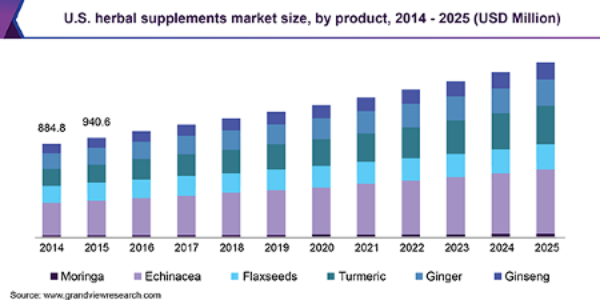Tapping Into The Earth As a Way to Heal … Especially During a Pandemic
Reality Check | ecoWURD | radio
Mandy Katz, expert horticulturalist and Lead Gardener at Bartram’s Garden, joins ecoWURD radio on WURD’s Reality Check w/ Charles Ellison for a discussion on the power of herbalism, particularly as an inroad into environmental justice work, herb lore and the history of medicinal plants.
In many respects, the modern pharmaceutical industry was born out of herbalism, even as the former – in many ways – has now distorted the latter. As research in recent years on the topic notes, “[w]ith tens of thousands of plant species on earth, we are endowed with an enormous wealth of medicinal remedies from Mother Nature. Natural products and their derivatives represent more than 50 percent of all the drugs in modern therapeutics. Because of the low success rate and huge capital investment need, the research and development of conventional drugs are very costly and difficult. Over the past few decades, researchers have focused on drug discovery from herbal medicines or botanical sources, an important group of complementary and alternative medicine (CAM) therapy.”
The latest market trends show the global herbalist market growing to nearly half-a-trillion dollars by 2026, with an increase of more than 20 percent over that time. Much of that, right now, if fueled by public demand for alternative medicines and treatments for coronavirus, in the absence of a vaccine. While there’s no conclusive research showing any herbal medicine which works to cure coronavirus, there is an increasing reliance on plant-based remedies to bolster human immune systems as a form of natural protection. For more insights on how that industry continues to grow, read more here …

There is already high prevalence of herbal medicine usage among African Americans – especially as mistrust of hospitals and institutional medical institutions among those populations persists, and concerns over bias, equity gaps and high costs in the healthcare system grow. A Social Science Medicine Journal study shows that “… [t]he health care challenges faced by Black Americans who have experienced racial discrimination may be an impetus to venture outside the realm of conventional medicine in addressing health needs. Complementary and alternative medicine (CAM) represents a potential means of expanding, supplementing, or diversifying health care options to include more patient-focused approaches. CAM is a diverse array of treatments that exist outside of conventional medicine, including (1) complete systems of alternative care (e.g., homeopathy), (2) mind-body medicine (e.g., tai chi), (3) biologically based practices (e.g., herbal remedies), (4) manipulative and body-based practices (e.g., chiropractic), and (5) energy medicine (e.g., energy therapy).”
In the meantime, community-based organizations like Bartram’s Garden are figuring out ways to make the herbalist sector much more accessible. That’s being done through 8-month courses such as Building Your Home Apothecary
“We are working to put the tools to grow your own medicine into people’s hands,” Katz tells ecoWURD. “We spend an entire season growing a range of herbs from seed to harvest and we learn how to make medicine from the plants.
“We pay a lot of attention to the plant medicines in the context of being living beings so we’re trying to bring about a change of perspective in the society, in the culture. So we’re looking at plants as living beings and not as a commodity on the shelf. Because we believe that in that realization, powerful healing is available on a personal and cultural level.”



